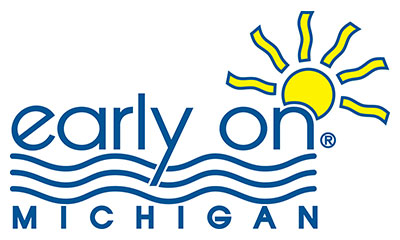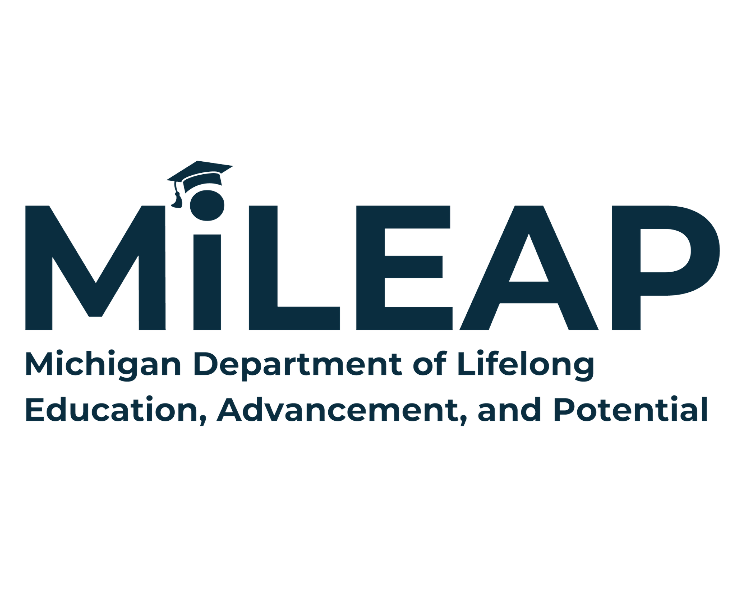Your Baby’s Mental Health FAQ
Babies experience emotions, too.
These emotions, and your nurturing response to them, are at the heart of your baby’s good emotional, social, and cognitive development — or mental health. When you and your baby have a secure relationship, it sets her up for a lifetime of healthy development — for her brain, body, and behavior.
Here are the answers to a few of the most-asked questions:
What is infant mental health (IMH)?
Why are strong relationships important?
Brain A baby’s brain develops rapidly during the first 3 years of life. Predictable, responsive and nurturing relationships support healthy brain development, encourage curiosity, connection, exploration and complex thought for for success in school and life.
Body Stress from unresponsive or harsh early relationships can have physical impact on a baby’s health — increasing the likelihood of life-long health problems, risky health behaviors and early death. When parents understand how past or present trauma, neglect or abuse influence their ability to care for their baby, they are more responsive and more likely to hold, feed, comfort and protect their baby. This reduces stress and creates lifelong protective factors.
Behavior When a baby has health relationships with with parents who are sensitive, and responsive, he is better able to have, express and regulate a range of emotions that can lead to positive behaviors and meaningful interactions with adults and peers.
How do I build a strong relationship with my baby?
What if I'm having trouble bonding with my baby?
What if I have worries about how my baby is developing?
Where can I find out more about infant mental health services in my area?
<<Learn More
 13101 Allen Road
Southgate, Michigan 48195
tel: 734.785.7705 x7194
fax: 734.287.1680
13101 Allen Road
Southgate, Michigan 48195
tel: 734.785.7705 x7194
fax: 734.287.1680





